- Overview & Types
- Symptoms & Diagnosis
- Treatment
- Living With
- Related Conditions
- Type 2 Diabetes
- Type 1 Diabetes
- Gestational Diabetes
- Appointment Prep
- View Full Guide
20 Reasons for Blood Sugar Swings

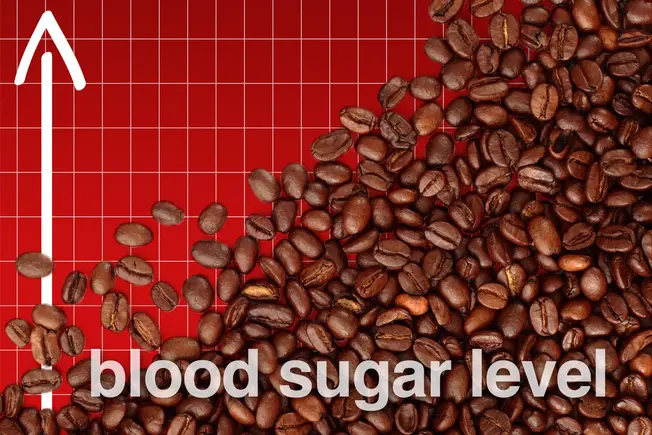
Upswing: Caffeine
Your blood sugar can rise after you have coffee -- even black coffee with no calories -- thanks to the caffeine. The same goes for black tea, green tea, and energy drinks. Each person with diabetes reacts to foods and drinks differently, so it's best to keep track of your own responses. Ironically, other compounds in coffee may help prevent type 2 diabetes in healthy people.

Upswing: Sugar-Free Foods
Many of these will raise your blood sugar levels. Why? They can still have plenty of carbs from starches. Check the total carbohydrates on the Nutrition Facts label before you dig in. You should also pay attention to sugar alcohols such as sorbitol and xylitol. They add sweetness with fewer carbs than sugar (sucrose), but they may still have enough to boost your levels.
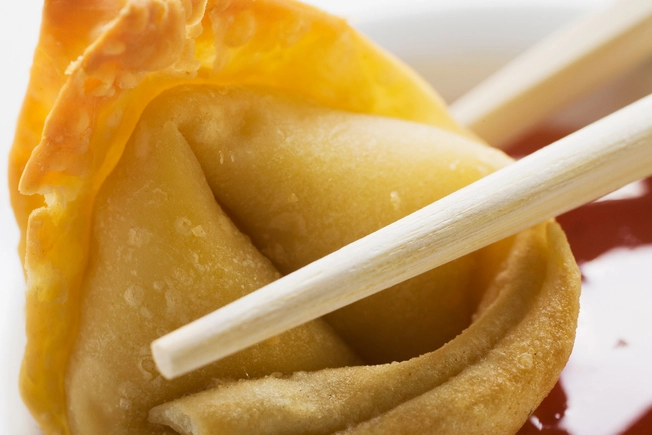
Upswing: Chinese Food
When you dig into a plate of sesame beef or sweet and sour chicken, it isn't just the white rice that can cause a problem. High-fat foods can make your blood sugar stay up for longer. The same is true for pizza, french fries, and other goodies that have a lot of carbs and fat. Check your blood sugar about 2 hours after you eat to know how a food affects you.
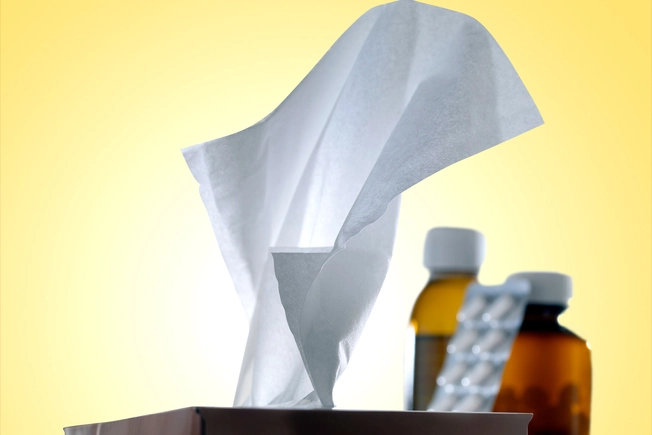
Upswing: A Bad Cold
Your blood sugar rises as your body works to fight off an illness. Drink water and other fluids to stay hydrated. Call your doctor if you've had diarrhea or vomiting for more than 2 hours or if you've been sick for 2 days and aren't getting better. Be aware that some medicines, such as antibiotics and the decongestants that can clear your sinuses, can affect your blood sugar.

Upswing: Job Stress
Overwhelmed or unhappy at work? It takes a toll. When you're under stress, your body releases hormones that can make your blood sugar rise. It's more common for people with type 2 diabetes. Learn to relax with deep breathing and exercise. Also, try to change the things that are stressing you out, if that's possible.
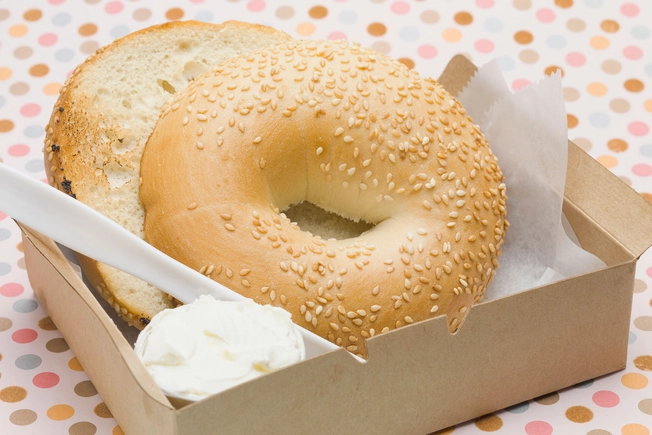
Upswing: Bagels
What's the difference between eating a slice of white bread and a bagel? Bagels are packed with carbohydrates -- more than a slice of bread. They have more calories, too. So if you're craving one, go for a mini version.
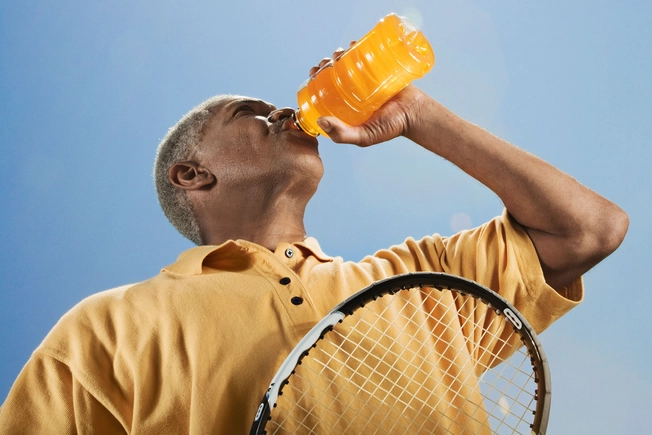
Upswing: Sports Drinks
They're made to help you replenish fluids quickly, but some of them have as much sugar as soda. Plain water is probably all you need for a moderate workout of less than an hour. A sports drink may be OK for longer, more intense exercise. But check with your doctor first to see if the calories, carbs, and minerals in them are safe for you.
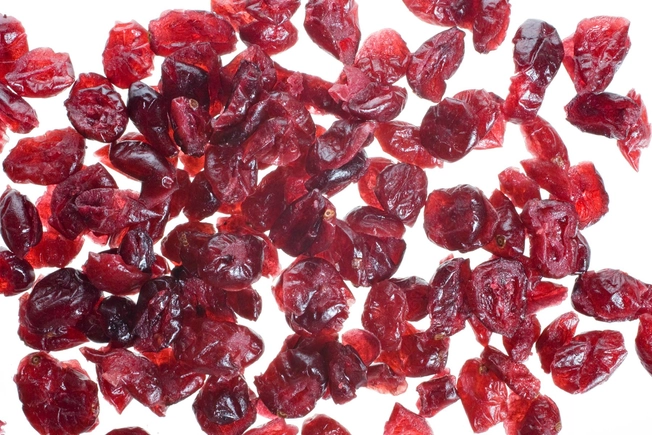
Upswing: Dried Fruits
Fruit is a healthy choice, but be aware that dried versions will pack more carbohydrates in a smaller serving size. Just 2 tablespoons of raisins, dried cranberries, or dried cherries have the carbs of a small piece of fruit. Three dates give you 15 grams of them.
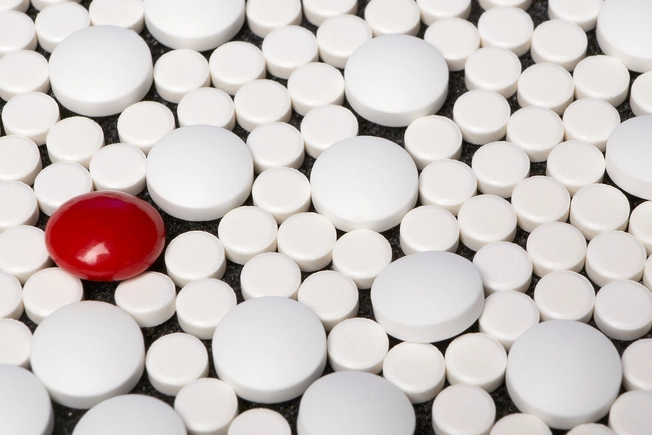
Upswing: Steroids and Water Pills
People take corticosteroids, such as prednisone, to treat rashes, arthritis, asthma, and many other conditions. But they can boost your blood sugar, and may even trigger diabetes in some people. Diuretics that help high blood pressure, also called water pills, can do the same. Some antidepressants also raise or lower blood sugar.
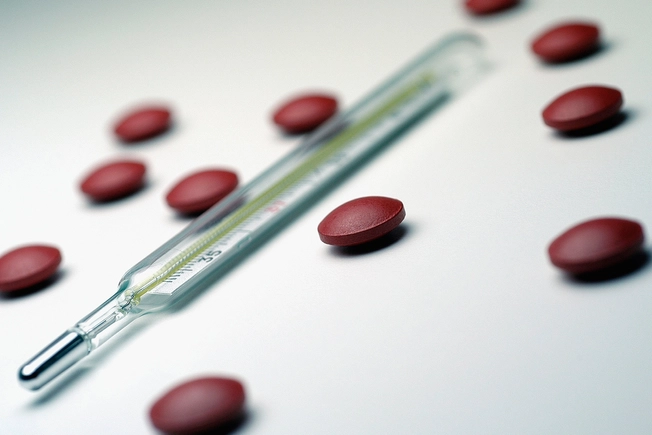
Upswing: Cold Medicines
Decongestants that have pseudoephedrine or phenylephrine can raise blood sugar. Cold medicines also sometimes have a little sugar or alcohol in them, so look for products that skip those ingredients. Antihistamines rarely cause a problem with blood sugars. Ask your pharmacist about the possible effects of over-the-counter meds before you buy them.

Caution: Birth Control Pills
Types that have estrogen can affect the way your body handles insulin. Still, oral contraceptives are safe for women with diabetes. The American Diabetes Association suggests a combination pill with norgestimate and synthetic estrogen. The group also says birth control shots and implants are safe for women with the condition, though they can affect your blood sugar levels.
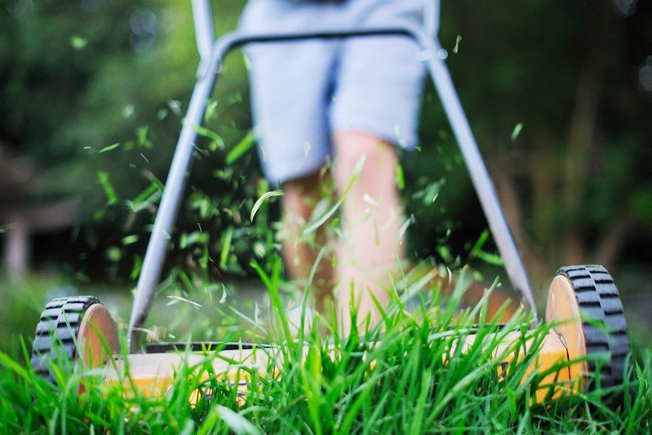
Lower: Household Chores
Cleaning the house or mowing the lawn can have an added bonus for people with diabetes: lower blood sugar. Many of the chores you do every week count as moderate physical activity, with plenty of health perks. Make a point of walking around the grocery aisles or parking farther from the entrance to the store. Small amounts of exercise add up.
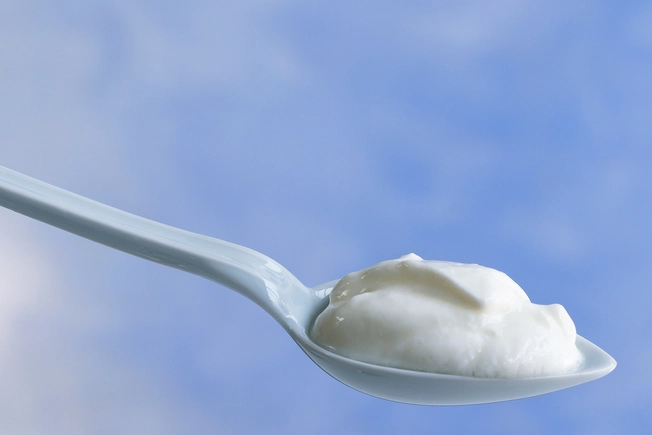
Lower: Yogurt
Foods that have healthy bacteria, such as many types of yogurt, are called probiotics. They can improve digestion and also may help you control your blood sugar. Some yogurts have added sugar and fruit, so be careful to count the carbs. Your best choice is plain or light yogurt without extra sugar.
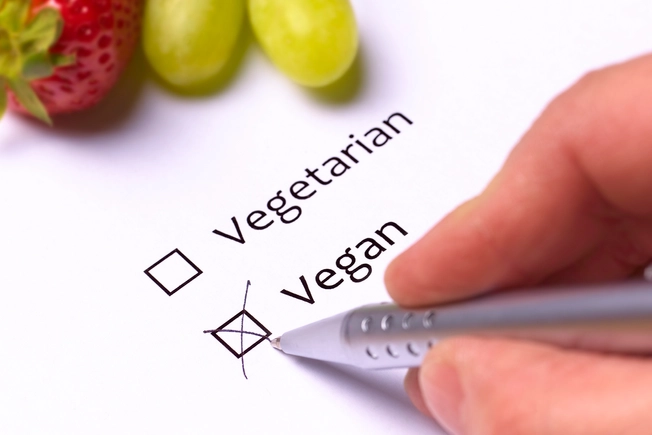
Lower: Vegan Diet
One study found that people with type 2 diabetes who switched to a vegan (or all vegetable-based) diet had better blood sugar control and needed less insulin. A boost in fiber from whole grains and beans might play a role by slowing down the digestion of carbs. But scientists need more research to know if going vegan really helps diabetes. Talk to your doctor before you make major diet changes.
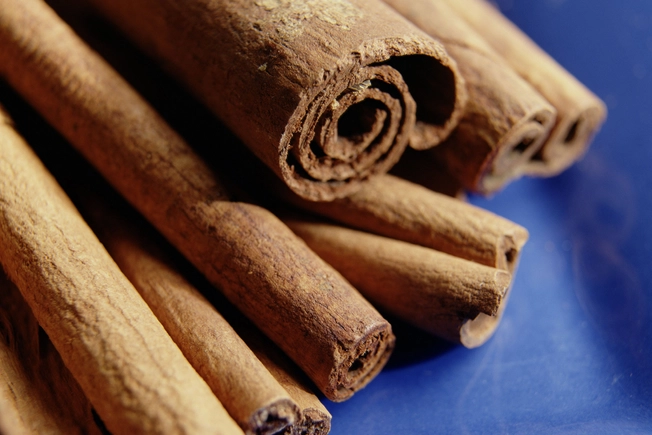
Promising: Cinnamon
A sprinkle of this spice can add flavor without adding salt, carbs, or calories. Some studies suggest it also can help the body use insulin better and may lower blood sugar in people with type 2 diabetes. Doctors need more research to know for sure, and supplements that have large doses can cause side effects. So it's best to talk with your doctor before you try cinnamon.
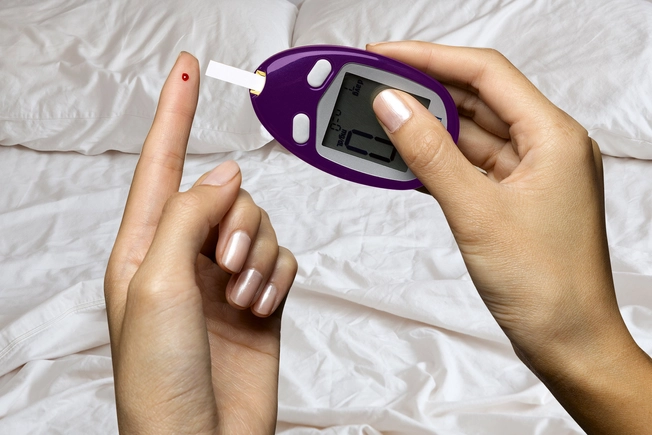
Caution: Sleep
Blood sugar can dip dangerously low during shut-eye for some people with diabetes, especially if they take insulin. It's best to check your levels at bedtime and when you wake up. A snack before bed may help. For some people, blood sugar can rise in the morning -- even before breakfast -- due to changes in hormones or a drop in insulin. Regular testing is important. One option is a continuous blood glucose monitor, which can alert you to highs and lows.
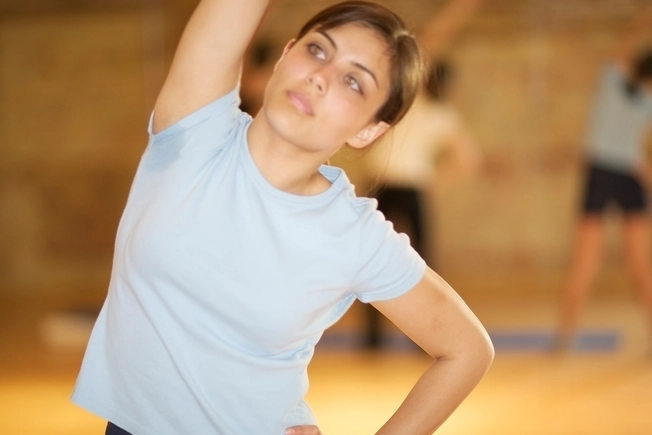
Roller Coaster: Exercise
Physical activity is a terrific health booster for everyone. But people with diabetes should tailor it to their individual needs. When you work out hard enough to sweat and raise your heartbeat, your blood sugar may spike, then drop. Intense or endurance exercise can make your blood sugar drop for several hours afterward. Eating a snack before you begin may help. Check your blood sugar before, during, and after you exercise.
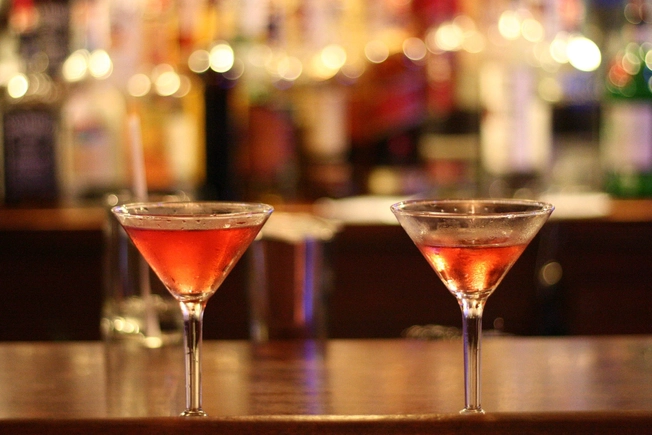
Roller Coaster: Alcohol
Alcoholic drinks contain plenty of carbs, so at first they will raise your blood sugar. Hours after drinking, your blood sugar may drop. If you drink, it's best to do so with food, and check your blood sugar. The American Diabetes Association advises no more than one drink a day for a woman and two drinks for a man. One drink is 5 ounces of wine, 12 ounces of beer, or 1 1/2 ounces of liquor such as vodka or whiskey.

Roller Coaster: Heat
You'll be safer inside with the AC when it's hot outdoors. Heat makes your blood sugar harder to control. You should test it often and drink plenty of water to avoid dehydration. High temps can affect your medications, glucose meter, and test strips, too. Don't leave them in a hot car.
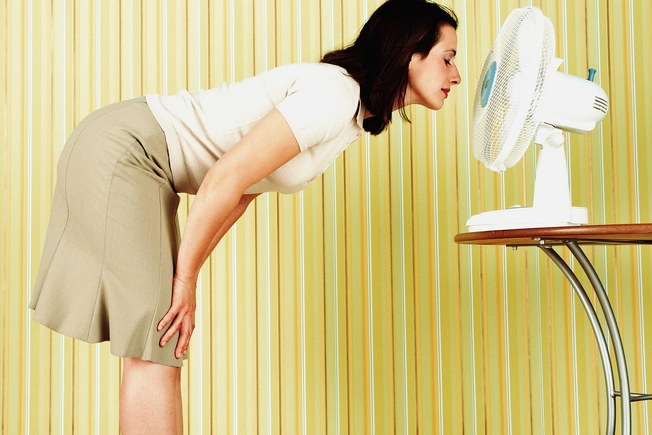
Roller Coaster: Female Hormones
When a woman's hormones change, so does their blood sugar. Keep a monthly record of your levels to get a better idea of how your menstrual cycle affects you. Hormone changes during menopause may make blood sugar even harder to control. Talk to your doctor about whether hormone replacement therapy is a good idea.
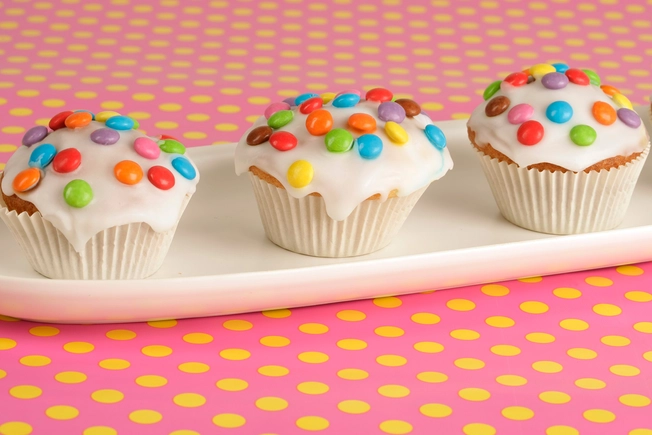
Is Sugar Bad for You?
If you love sweets, don't despair. You don't have to give them up forever. Sugar will raise your blood sugar levels more quickly than other carbs, but diabetes experts now say the total amount of carbs is most important. So keep your serving sizes small and take into account the total carbs and calories.
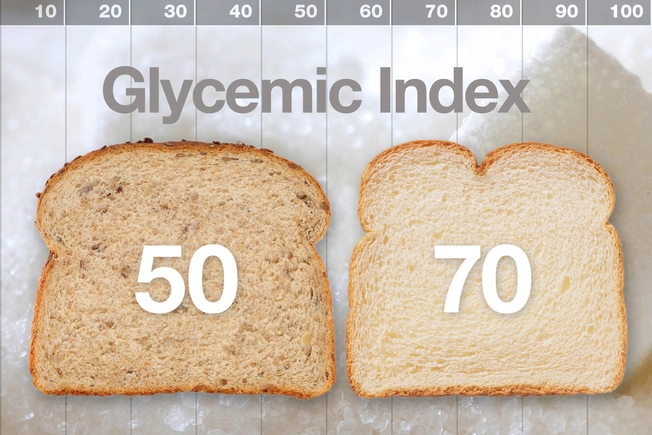
What About the Glycemic Index?
Your daily carb total, spread steadily across the day, is one key to good blood sugar control. Some people also use the glycemic index (GI), a rating of how individual foods raise blood sugar levels. Beans and whole-grain breads and cereals have a lower GI than white bread and regular pasta. Juice has a higher GI than whole fruit. Craving a high-GI food? Eat it along with a lower-GI choice to help control your levels.